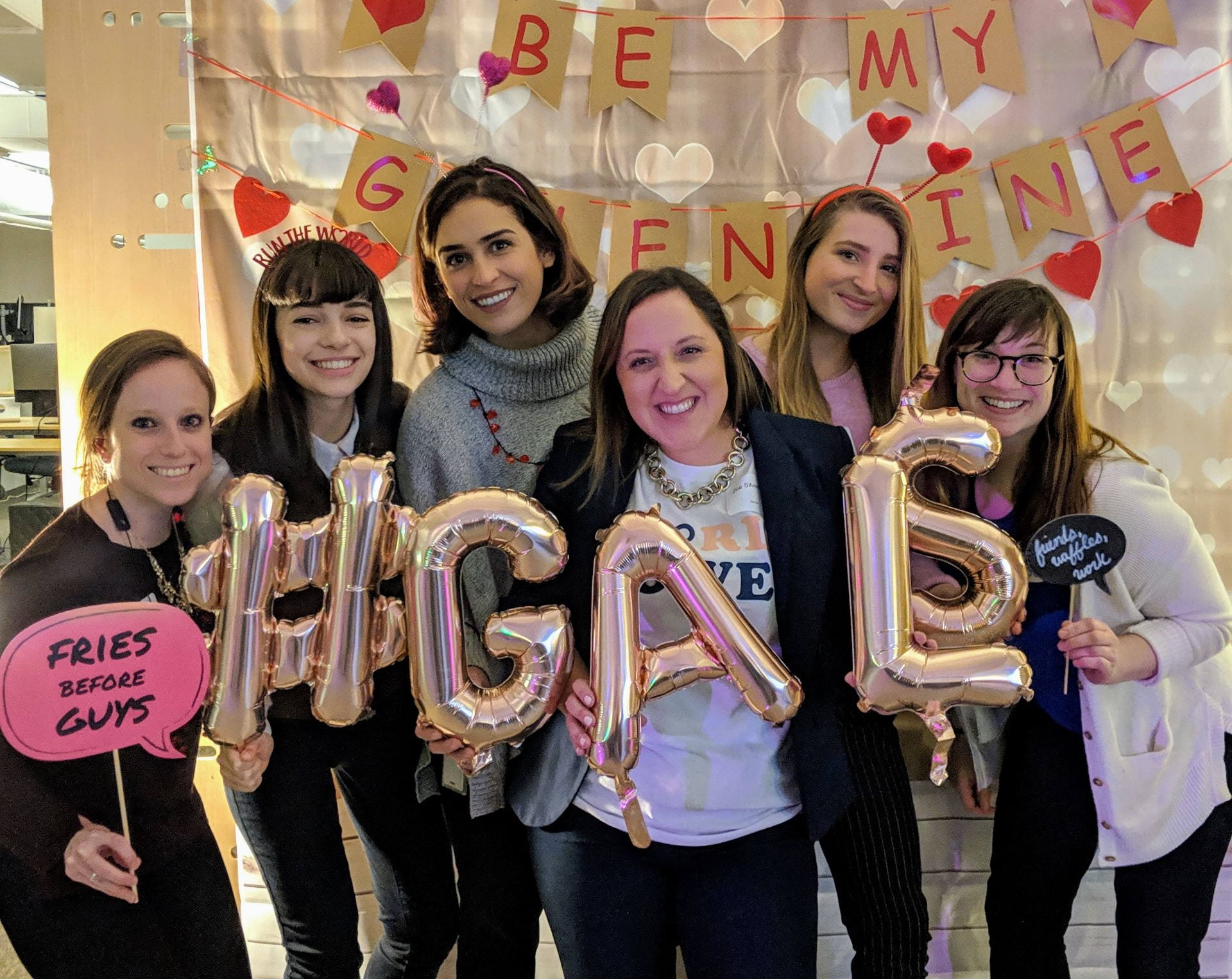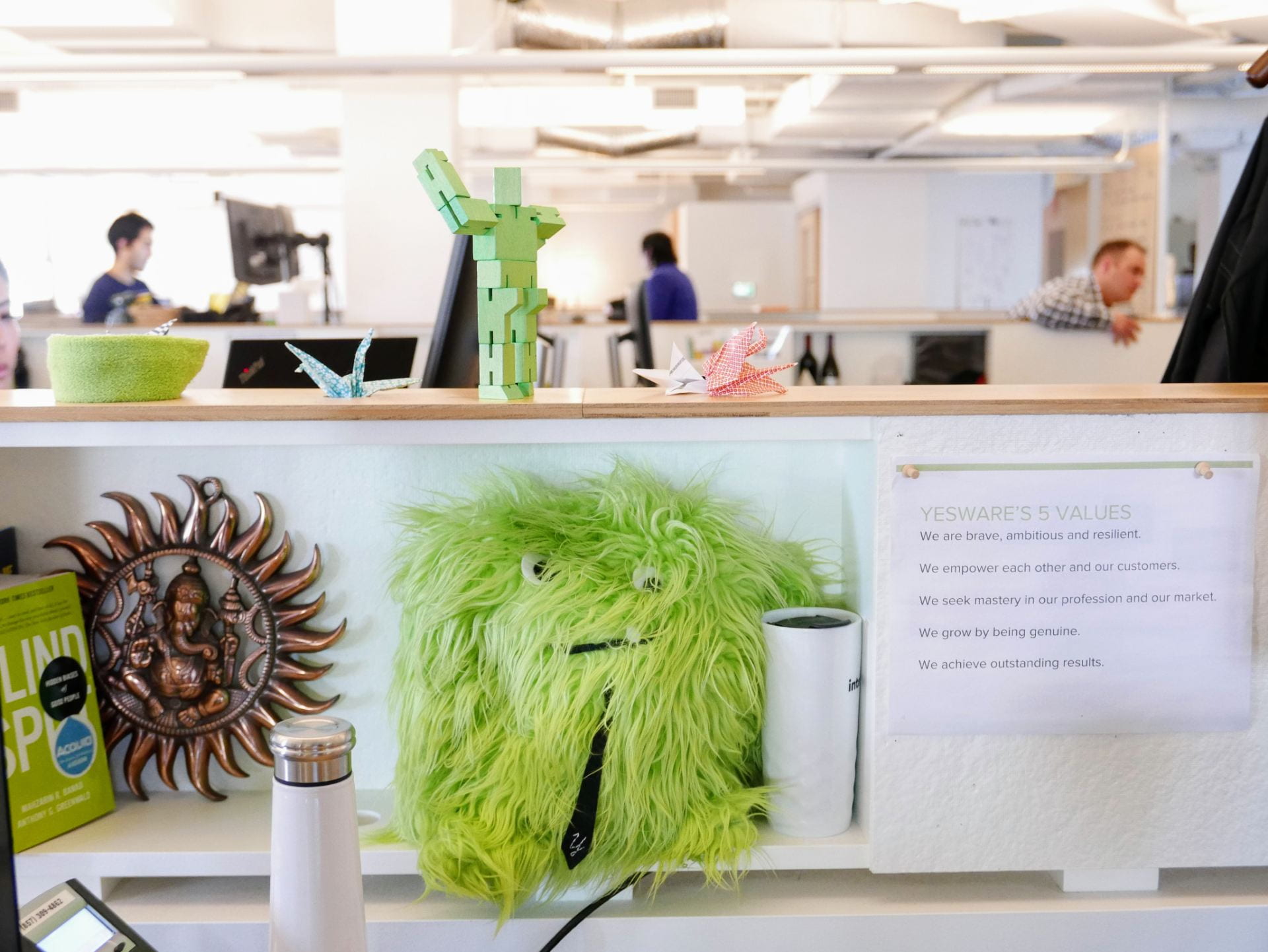Joseph Schnackertz is currently a junior in the Wentworth Business Management program. He shared with us his journey to realizing the value in the skills he brings to hackathons. Read his story below and check out his winning hackathon contributions here.
You may be thinking…
“Why should I go to a hackathon?” The best way to answer that, is to know what a hackathon is. A hackathon, in its most basic form, is a collection of teams working to solve problems. So, if you like developing solutions to society’s greatest problems like pollution, housing, rising water levels, social injustice and more, then hackathons are a place for you!
“But I can’t code…” That’s the first thing people who have never touched a compiler say when they are invited to a hackathon. I, myself, am guilty of this way of thinking. In high school and my first year of college I had the opportunity to attend multiple hackathons, but I never did. I am like so many others that either don’t know how to or simply don’t enjoy coding. Today, I am here to disrupt the status quo. In the last year I have been to three hackathons, built three teams of total strangers, did some work, and won all three times. The following is the story of my journey and how I overcame my insecurities and looked inward to see what I had to offer.
“So, what can I bring to the table if I can’t code?” That’s the question I asked myself when I considered going to a hackathon my university was sponsoring. I was afraid of slowing the group down, I was afraid of being looked at like an idiot, but most importantly I was afraid of being bored. But instead of trying to learn the basics of coding in less than two weeks, I looked toward my strengths. I asked myself what skills, knowledge, personality traits, and/or interests I already had.
“What skills could I offer my team?” Looking inward was the best thing I could have done before my first hackathon. It was then that I realized I was a team builder, an idea guy, and dabbled in graphic design. I recognized the value of what I could bring to the table, and how I could enhance my soon to be team members. Remember, it’s about complementing the skills of other members of your team!
“Wow, you’ve got a knack for JavaScript!!”
No, not like that. Though it is nice to complement people, it is better to have one person that is good at collecting decent fire wood and another be an ace fire builder than two people that can collect decent wood. Remember, the skills you bring are valuable!
All that being said, don’t think that you can come to a hackathon unprepared. Be sure to know some basic vocabulary of code before you show up. So, when someone says, “I’m fluent in Python,” you don’t think that the person needs to be sorted into the House of Slytherin. Consider watching some “basics in coding” videos to gain a general understanding of how code works, but not expecting to be able to write it proficiently. This will arm you with the basic knowledge of what will be discussed and enable you to not only contribute more to the project but also walk away from the event having had a better experience.
Lastly, at the conclusion of the hackathon be sure to exchange contact information with your teammates. Get phone numbers, Snapchats, LinkedIns, Facebooks, Instagrams, Twitters, GitHubs, Devposts or other social media profiles. Beyond teammates, you can connect on LinkedIn with event organizers, sponsors, speakers, volunteers and other people who you engaged with throughout the event. The connections you make at these events can, if you continue to foster them, become invaluable when you begin your co-op/job search.
I walked away from these hackathons with a new outlook on what hackathons were, a wildly different view of my skill sets, and of course fifty stickers with some random Octocat in different outfits.
The society we know has marketed and branded the word hackathon; slapping a label on it saying ‘Computer Science Students Only’ in big red letters. It’s a shame, and a huge missed opportunity for people like me and you who feel we couldn’t offer anything. Be the one who has the confidence and passion to seek these amazing opportunities. Recognize the value of the skills you have! Make something great! Meet brilliant people! And harness your creativity and team spirit!
Here is a list I developed of some crucial players on a great hackathon team. These roles are not reserved for any type of person or any major, feel free to assume a role if you have had related experience. For example, you can be a JavaScript Jedi and be the Team Developer. Feel free to design your own role too!
- Designer – Do you like to make graphics? Then you can provide a key service of UX design.
- Empathizer – Have you directly experienced the problem that is the focus of the hack? If so, your knowledge is invaluable.
- Brainstormer – Can you think outside the box and drive others to think critically?
- Team Developer – How well can you organize people, make sure voices are heard, and keep people on task? If you can, then team development may come easy.
- Public Speaker – Can you present well in front of an audience? Many hackathons require pitches/demos to whole crowds, that could be your time to shine.
- Question Master – Like to get to the bottom of things? Be the one to speak up in the group, ask why you all think this is the best solution to the problem, ask what could be better, ask if this solution focuses on the problem/user.
- Coding Wizard – Love to code? Great, then you’ve got your work cut out for you.
- Hardware Hacker – Many hackathons have hardware portions, leverage your skills to produce a unique hack!
Thank you, Joe, for sharing your experience with Wentworth CO-OPS + CAREERS! If you are interested in participating in a hackathon organized by Wentworth students, follow HackWITus on Twitter: https://twitter.com/hackwitus or check out their website: https://hackwit.us/.
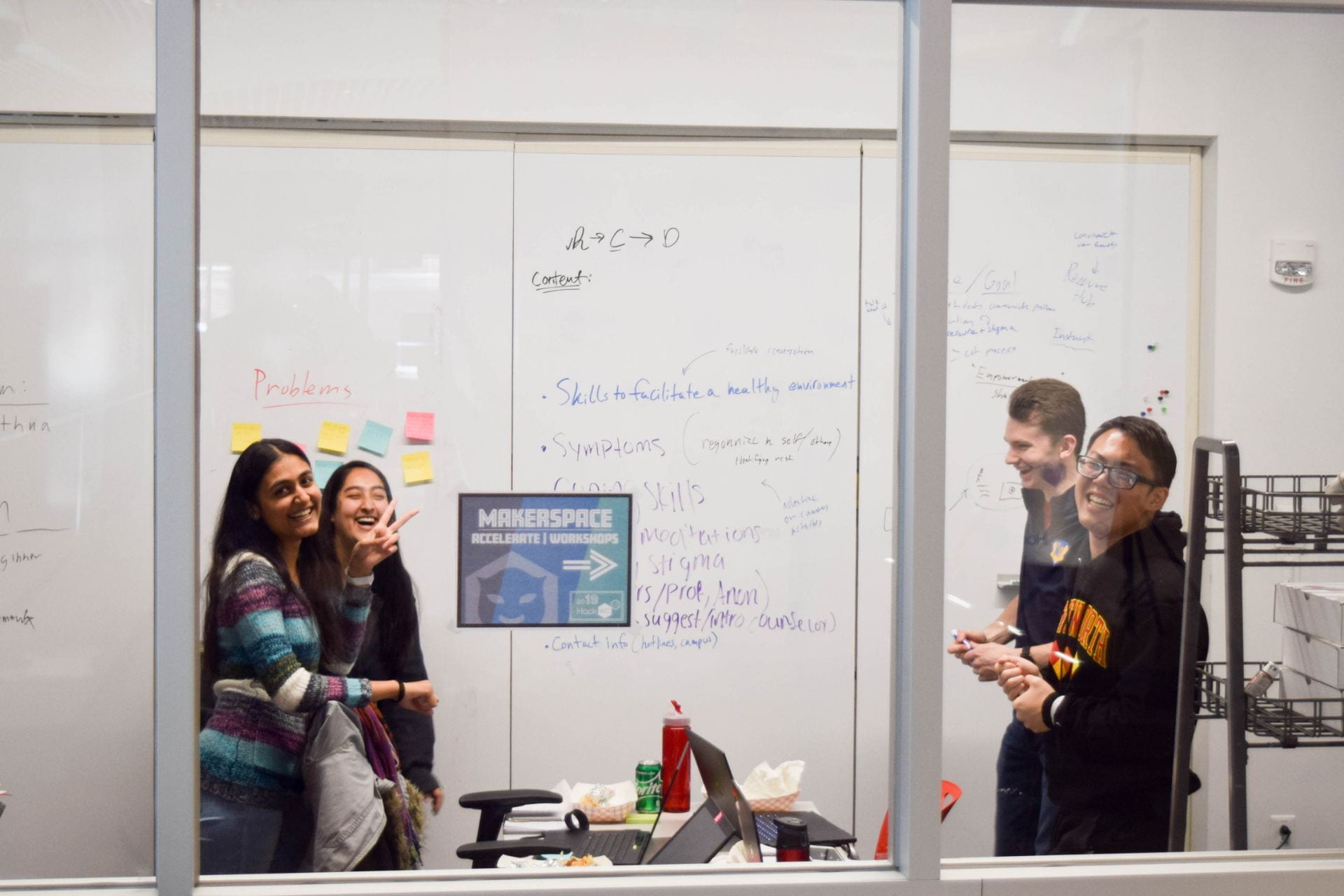
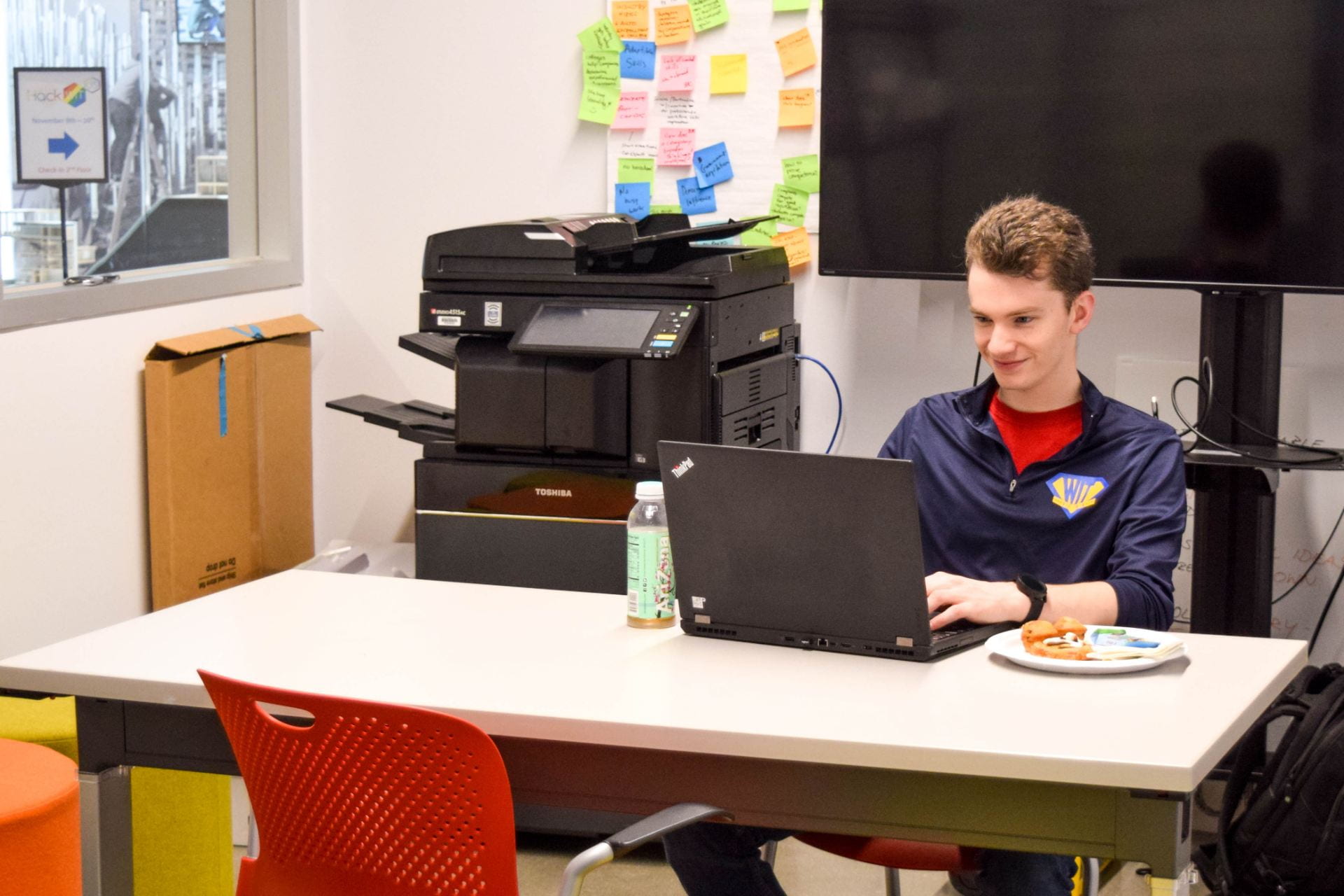
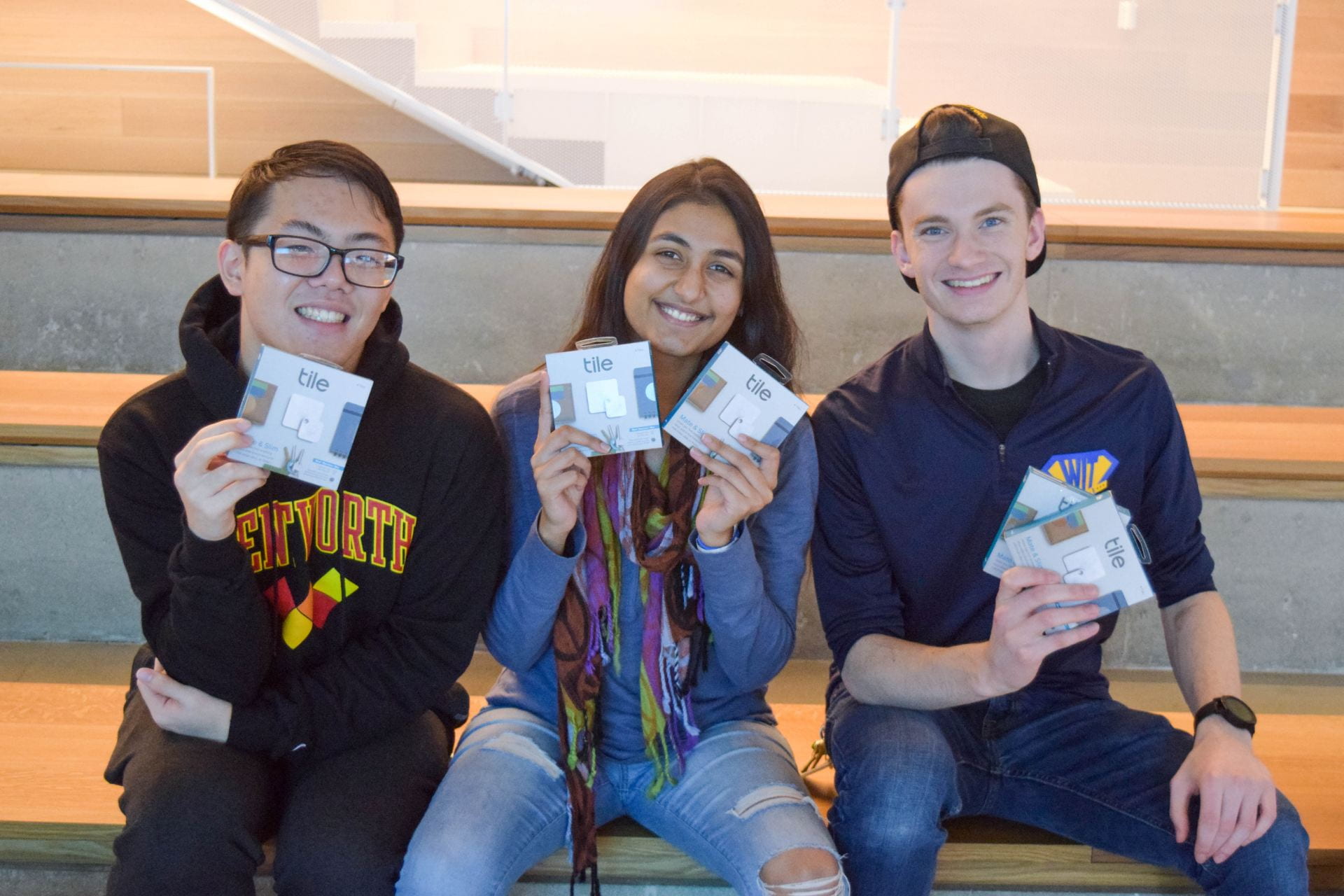
 (Photo courtesy of Yesware)
(Photo courtesy of Yesware)